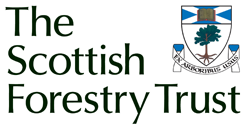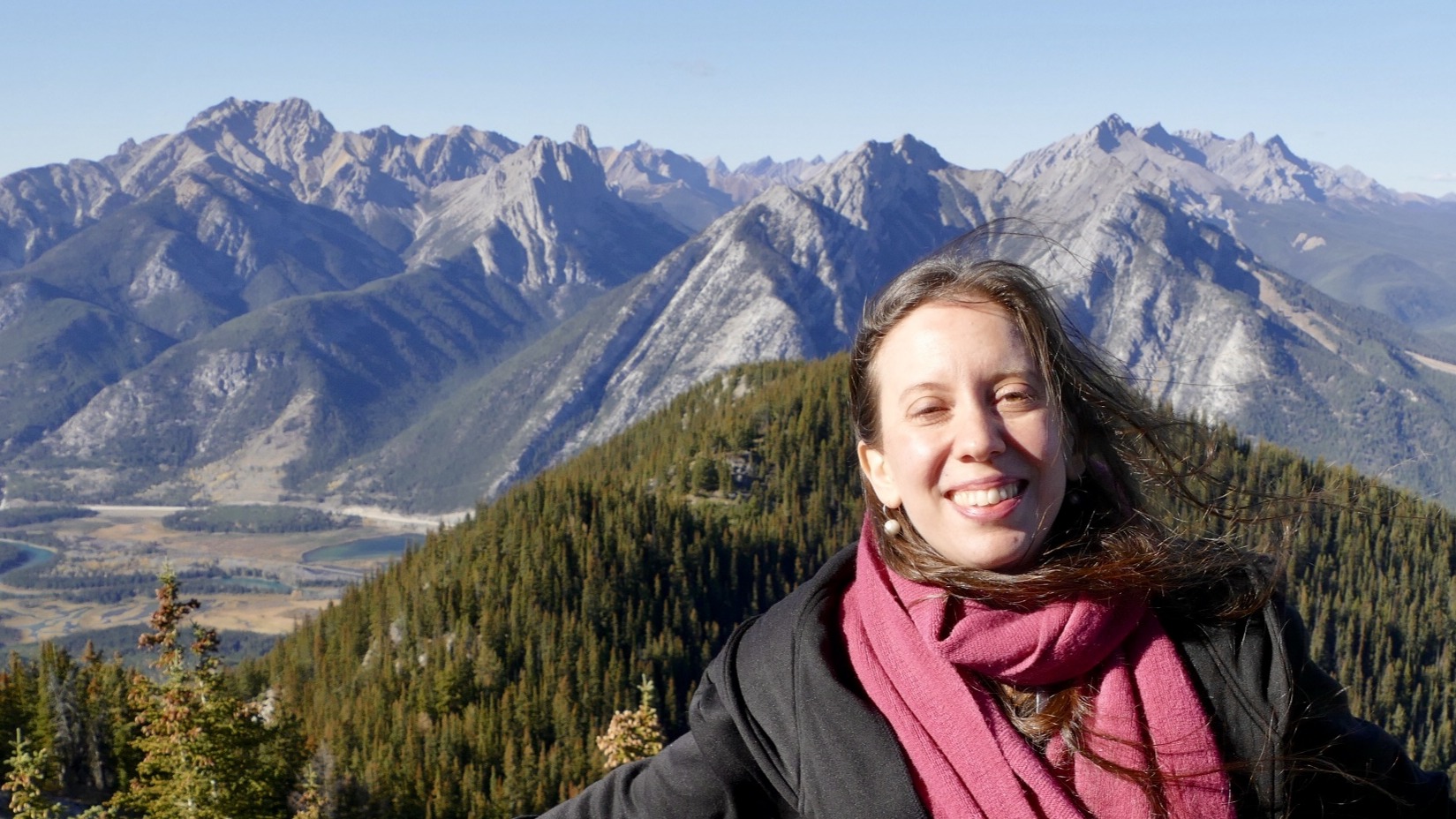July 2025. Professor Ioly Kotta-Loizou.
What is the 'day job?'
I am a Professor at the University of Hertfordshire, heading the Crop Protection and Climate Change (CPCC) group and acting as a co-Director of the Centre for Agriculture, Food and Environmental Management (CPCC) research. I am also an honorary academic at Imperial College London and the University of Manchester.
What do you do outside of the Trust?
As a molecular microbiologist, I am focused on understanding microorganisms, viruses, bacteria and fungi, investigating their interactions with abiotic and biotic factors in the environment, and exploring possibilities for applications to alleviate important medical, ecological and economic challenges. I specialise in mycoviruses, viruses that infect plant-, insect-, and human-pathogenic fungi, with potential to protect crops and trees, control agricultural insect pests and insect vectors, and combat diseases such as malaria and pulmonary aspergillosis. In addition to research, I am heavily involved in teaching, administration, editorial and outreach activities. During my free time, I enjoy travelling, reading, painting, dancing, cycling, and yoga.
How long have you been involved with The Scottish Forestry Trust?
I first became aware of the Trust when I came to the UK from my home country of Greece and was looking for funding to support my research. The Trust kindly offered me a proof of concept and scoping studies award (2016) and then a general assistance award (2018) for ‘Studying a mycovirus from Dothistroma septosporum.’ I joined as a Trustee in January 2022.
Why did you become a Trustee?
The Trust’s mission closely aligns with two subjects I am very passionate about: environmental research and teaching/training of the next generation of scientists. In particular, mycovirology is highly relevant to forestry, as illustrated by the very successful application of mycoviruses as biocontrol agents to protect chestnut trees from the chestnut blight fungus in Europe in the 1970s.
How do you view the role of a board member? What motivates you?
My main role is associated with the Trust’s Projects and Research Committee (PRC), a subgroup of Trustees responsible for reviewing applications for general funding, bursaries, fieldwork, conference attendance, etc., together with subsequent progress and final reports. The Projects and Research Committee then makes a recommendation to the main board of Trustees that guides the ultimate funding decision. Additionally, the Projects and Research Committee evaluates the candidates for the Dr Cyril Hart Memorial Award and the Scottish Woodlands Student Excellence Award. As a past recipient of an award by the Trust, which was the first large funding I received after completing my PhD [funding which allowed me to work towards an innovative approach for controlling a forest pathogen], I am very motivated to volunteer my time and skills to assist the Trust in its mission.
What do you bring to the Trust?
I have experience in the grant evaluation process both as a reviewer and as a panel member for funders worldwide, including the UK, the US, Canada, the Czech Republic, France, Germany, the Netherlands, Poland, the European Commission and the Fulbright Commission. I am a STEM ambassador for in2science and Absolute Return for Kids (ARK) - two UK charities seeking to support the education of children and teenagers, particularly from disadvantaged backgrounds. I have a long-standing association with the International Committee on Taxonomy of Viruses (ICTV), chairing study groups and establishing new viral taxa. Therefore, I am well positioned to assist the Trust with grant evaluation, education and training of researchers from high school students to PhD holders, outreach activities and administrative tasks.
What do you gain from involvement with the Trust?
This is my first time acting as a Trustee; therefore, a whole new experience for me. I am learning more about forestry in general and the forestry sector in the UK in particular, including areas completely unrelated to my own research. I am also expanding my knowledge in financial management and organisational administration. Finally, I have the pleasure of meeting and collaborating with numerous people, all interested in forestry but with different perspectives that broaden my horizons.
In your opinion, what are the most important challenges and opportunities facing the Trust?
I feel that the most crucial challenge for the Trust is financial, since the Trust must navigate an unpredictable economic landscape characterised by slow growth and persistent inflation. The Trust must make difficult decisions to ensure its perseverance. The Trust must explore different avenues for securing funds in addition to the current capital and ensuing profits, including fundraising, which is in itself competitive. Conversely, the Trust has the exciting opportunity to liaise with other charities and forestry organisations to fund larger, more ambitious projects and expand its impact on the sector.
Looking ahead, what are you most excited about over the next 12 months?
I am very much looking forward to the next Bursary Student Symposium highlighting the investigations of early career forestry researchers funded by the Trust. The most recent Bursary Student Symposium was held in April 2025 in collaboration with the University of Stirling and offered a unique opportunity to meet past recipients of Bursary Awards and discuss their postgraduate research performed in the UK for the benefit of UK forestry.

